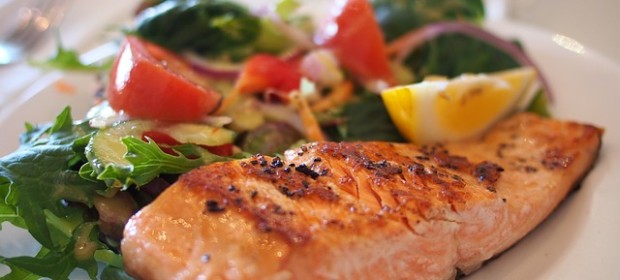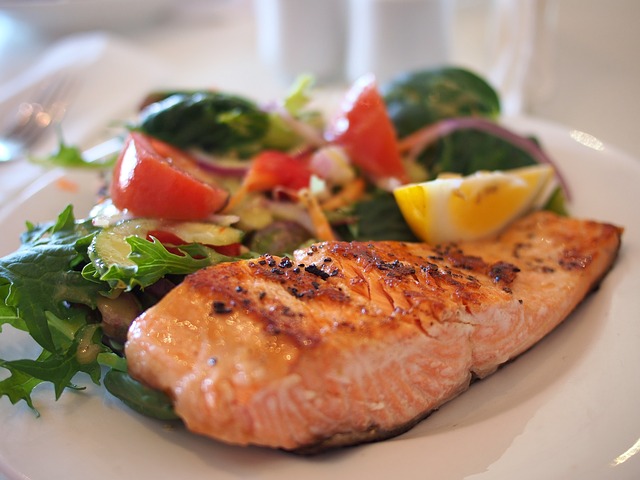Blog
What Caregivers Should Know To Give The Elderly Their Maximum Nutrition
Posted by Scott Cantin in Senior Health | 0 comments

Nutritional needs change as one grows older and elderly patients are in need of a specific nutritional value that is not quite the same as with younger patients and infants. And it is because of their specific set of needs that caregivers should always keep a look out for as they may differ from patient to patient.
Although often times, physicians would recommend a well-balanced diet for the elderly, caregivers should also take the initiative to find ways to boost their patient’s nutritional dietary intake to help boost their overall health.
One way to do this is to prepare meals rich with the following nutrients: omega 3-fatty acids, calcium, Vitamin D, Vitamin B 12, protein, potassium and fiber.

Omega 3-fatty acids are important because they are the nutrients that help reduce inflammation in the body and thus helps reduce diseases such as arthritis, heart disease and cancer. Food that is rich in omega 3 fatty acids can be found naturally in fish and flaxseed oil.
Need for Calcium and Vitamin D increase as one grows older because it is highly needed for bone development and health. Calcium also helps in the lowering of blood pressure. In terms of brain function, Vitamin B12 is the mineral for that while potassium helps in the regularization of blood pressure and helps reduce depression.
Aside from these vitamins and minerals, caregivers should also introduce other means to improve their overall health. One of these would be to limit the sodium intake in foods such as frozen and processed foods. This is very helpful if your elderly has high blood pressure or hypertension. Another but a more practical way is to avoid cooking with salt.
Another helpful tip is to hydrate often. As one ages, being thirsty lessens but that doesn’t mean that one has to stop drinking water because it is highly important as water serves as a natural detoxifying agent to the body.
As much as you would want to inflict these good changes ASAP, caregivers have to remember that they have to ease their elderly into new things much like how dog trainers ease in their dogs into new things. Take one step at a time if you will be introducing or changing things in the care of your elderly and this would also include new food into their diet. However, if you feel like you’re having difficulty accomplishing it, caregivers could also try joining it to make the transition easier for the elderly. In fact, they will be able to respond better if you eat with them.
